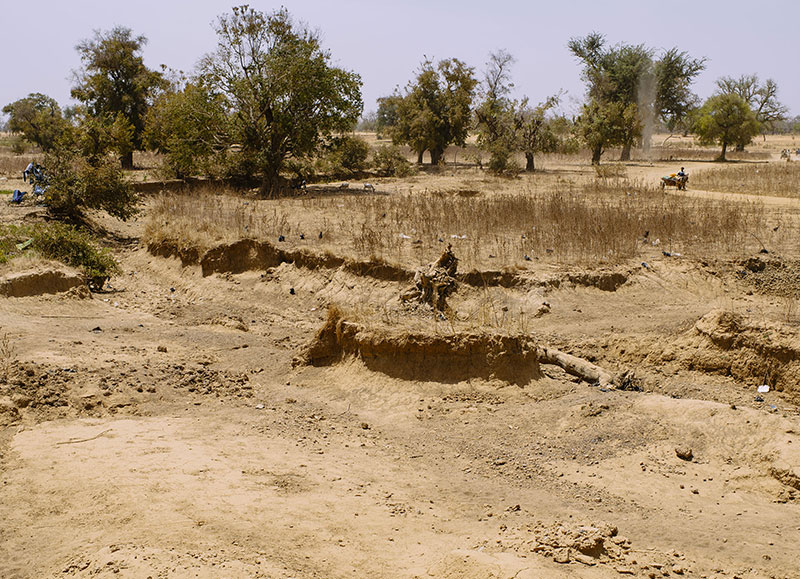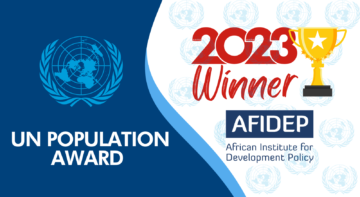News

A region’s population dynamics, including the size, distribution and composition of its population, influence its prospects for sustainable development. Virtually all development policies in Sub-Saharan Africa (SSA) cite the region’s rapid population growth, urbanisation, and age structure as major challenges.
These pressures hurt efforts to reduce poverty, ensure food security, preserve the environment, and improve education, employment, and health.
SSA’s population is growing more rapidly than other regions of the world. Rapid population growth and climate change are speeding up the region’s environmental degradation.
This makes people more vulnerable to climate change impacts and undermines sustainable development on the continent. Development efforts in several countries in SSA are harmed by a combination of high rates of population growth, high projected declines in agricultural production and low resilience to climate change.
We classify such countries as population and climate hotspots. In these hotspots, addressing population challenges will help increase resilience to climate change, and contribute to development goals such as better food and water security.
Despite the strong links between population and climate change, and their role in sustainable development, these issues are not a priority in broader development policies and strategies.
Unfortunately, population, climate change and development are often addressed separately at policy and programme levels. We conducted assessments in Kenya and Malawi, complemented by in-depth interviews, and found that policymakers recognise the importance of population issues for climate change and development.
However, these issues are rarely worked on together in the two countries, limiting the benefits that could result from combining the two. The reasons for this lack of integration are:
- Weak coordination and governance mechanisms for climate change;
- Lack of climate change policies or fragmented, and often conflicting, policies among various ministries;
- Weak technical capacity in government agencies to show the benefits of integrating population, climate change and development goals;
- Weak technical capacity in government agencies to design integrated programmes; and
- Lack of funding for developing and implementing integrated programmes.
This report calls on governments, donors, and civil society to invest more in population and climate change work, to address the two issues together in policies and programmes, and to build the technical capacity to develop programmes and research.
Ensuring women in SSA who wish to avoid pregnancy have access to family planning can reduce population pressures and reduce vulnerability to climate change impacts. It can also help meet other development goals, including reducing poverty and maternal mortality, and improving education.
Joint investment in family planning and climate change strategies can yield the “triple win’ of the United Nations (U.N.) sustainable development framework. Reducing fertility rates and slowing population growth would help:
1. Reduce poverty by improving and expanding health, schooling and economic opportunities
2. Protect and manage natural resources for economic and social development
3. Reduce inequality and create greater opportunities for all.
Policy Recommendations
The report arrives at the following recommendations that can help integrate policies and programs on population and climate change the context of sustainable development.
1. Integrate policies and programmes to address climate change and mainstream it across development sectors.
2. Prioritise population in national climate change and development plans, with adequate resources for effective implementation of programmes.
3. Prioritise meeting women and their partners’ needs for family planning as it will yield a “triple win’ in the U.N. sustainable development framework.
4. Improve technical capacity in programme design, research and application of research to decision making processes.
5. Incorporate population, reproductive health and family planning into global and regional institutions and frameworks for sustainable development.
Related Posts





